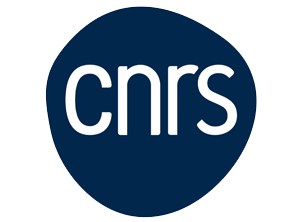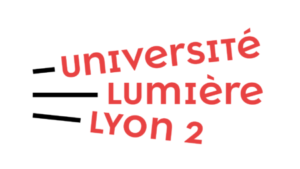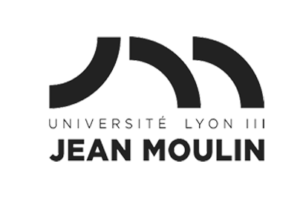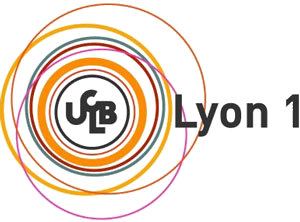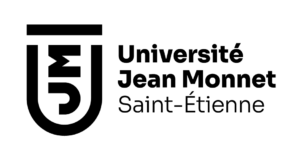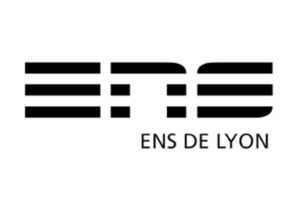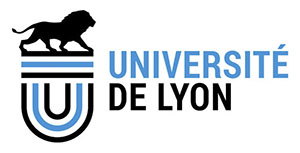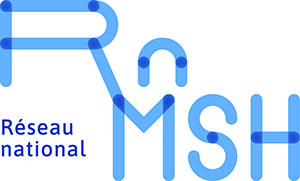In her conference, Lenore Grenoble exposes a broad approach to the phenomenon of revitalization, from the 70’s to the present. She reviews the different models of revitalization (language nest, master apprentice, revitalization in the home, awakening sleeping languages, etc.) and different types of stakeholders (linguists, language activists, speakers, communities, governments, NGOs, etc.). She also considers different ways of assessing programs (prior/ongoing, resources/goals/needs, level of vitality according to UNESCO, Fishman, EGIDS, etc.), and some of their ongoing challenges (user friendly/pedagogical materials for communities, issues of purism and variation/standardization, etc.). L. Grenoble considers the phenomenon of language revitalization from the point of view of a field linguist engaged with the communities and reminds us that the ultimate goal of revitalization is not necessarily the creation of news speaker. Speaking from her experience in the Arctic Circle, the issues she highlights cover all types of revitalization situations.
The conference and the PowerPoint material are in English.
Lenore Grenoble is a Professor in the Department of Slavic Languages at the University of Chicago. She is interested in Slavic, Tungusic and languages of the North, discourse analysis, contact linguistics and language endangerment, attrition, and revitalization. Her fieldwork focuses on languages of Siberia and she is currently engaged in research on the interrelations between language, culture and environment in the North. She is the co-editor (with L. Whaley) of Endangered Languages: Language Loss and Community Responses (1998) and the co-author (with L. Whaley) of Saving Languages: An Introduction to Language Revitalization (2006)


